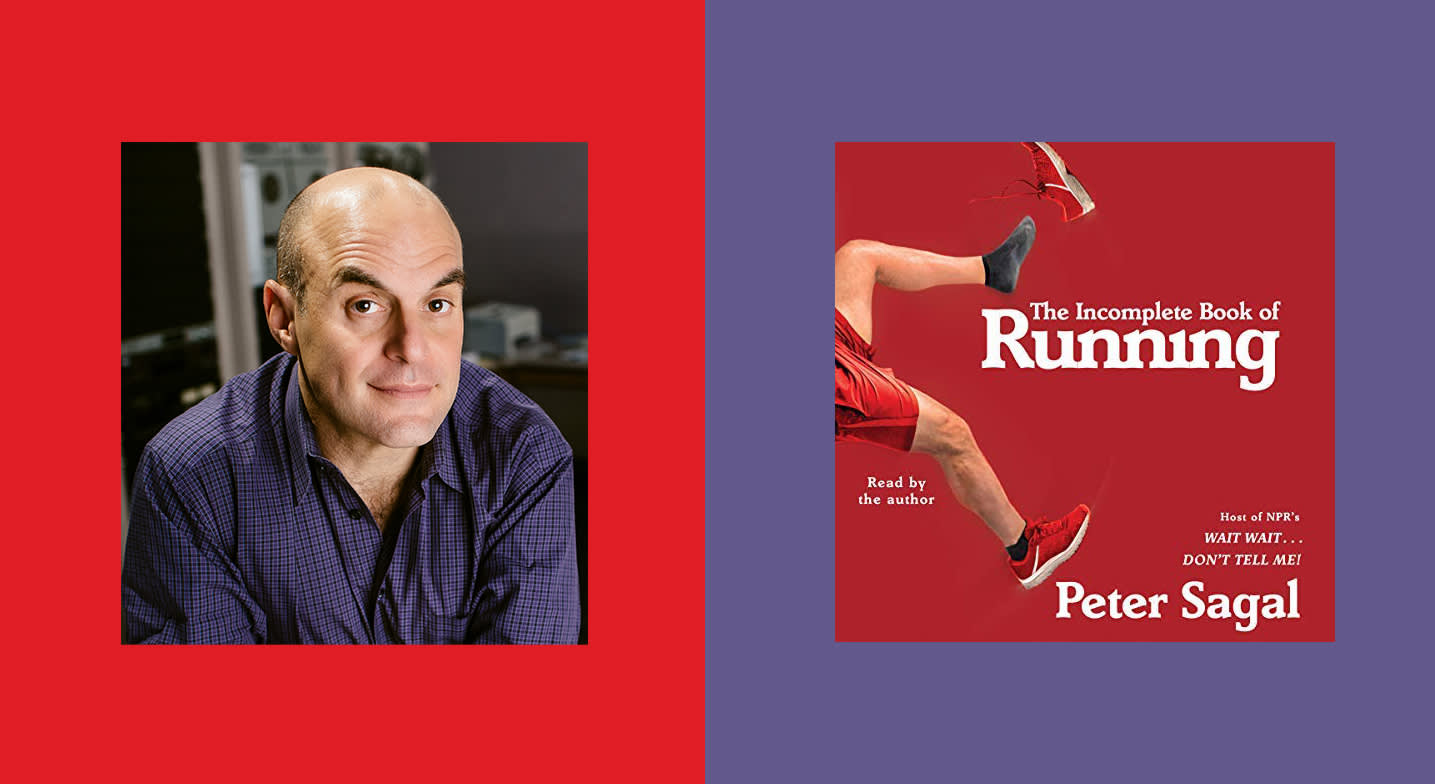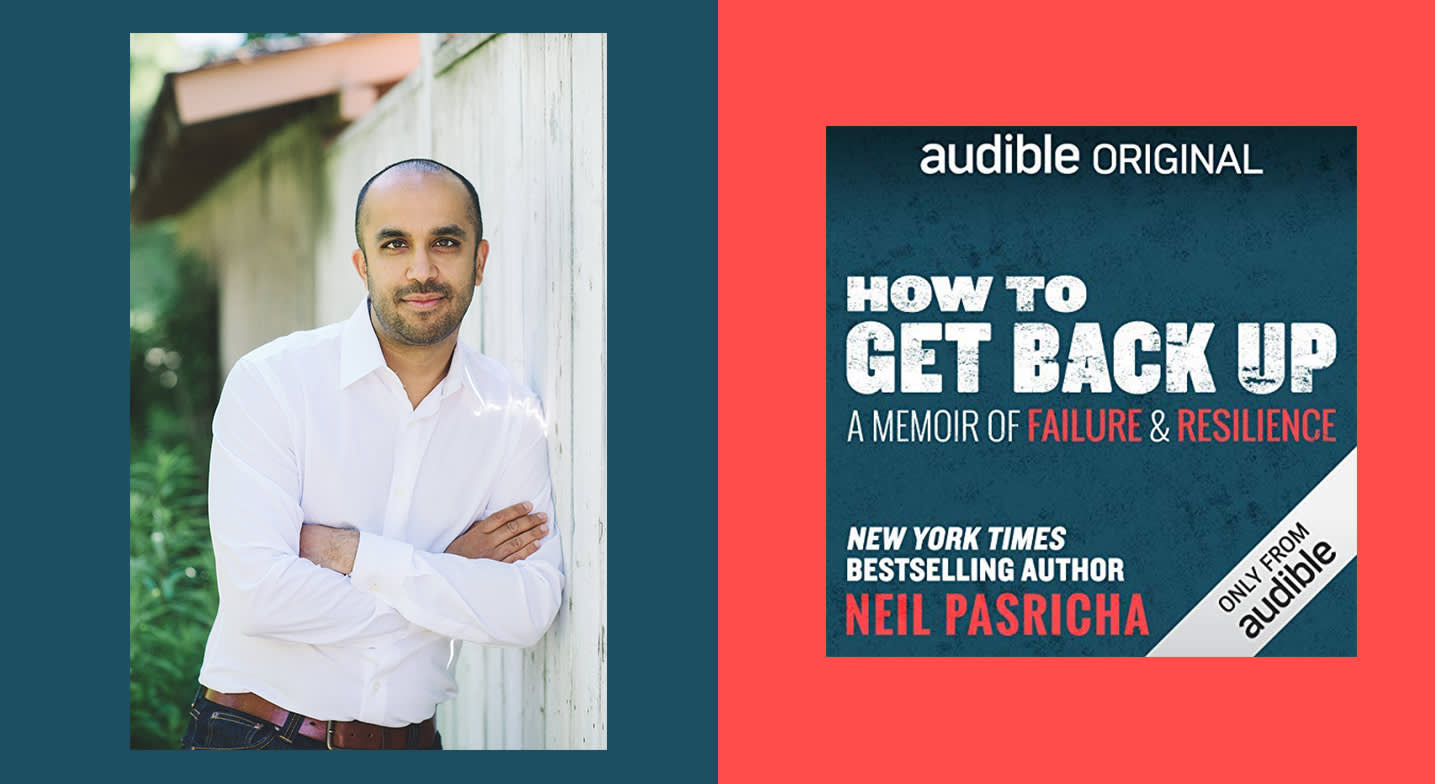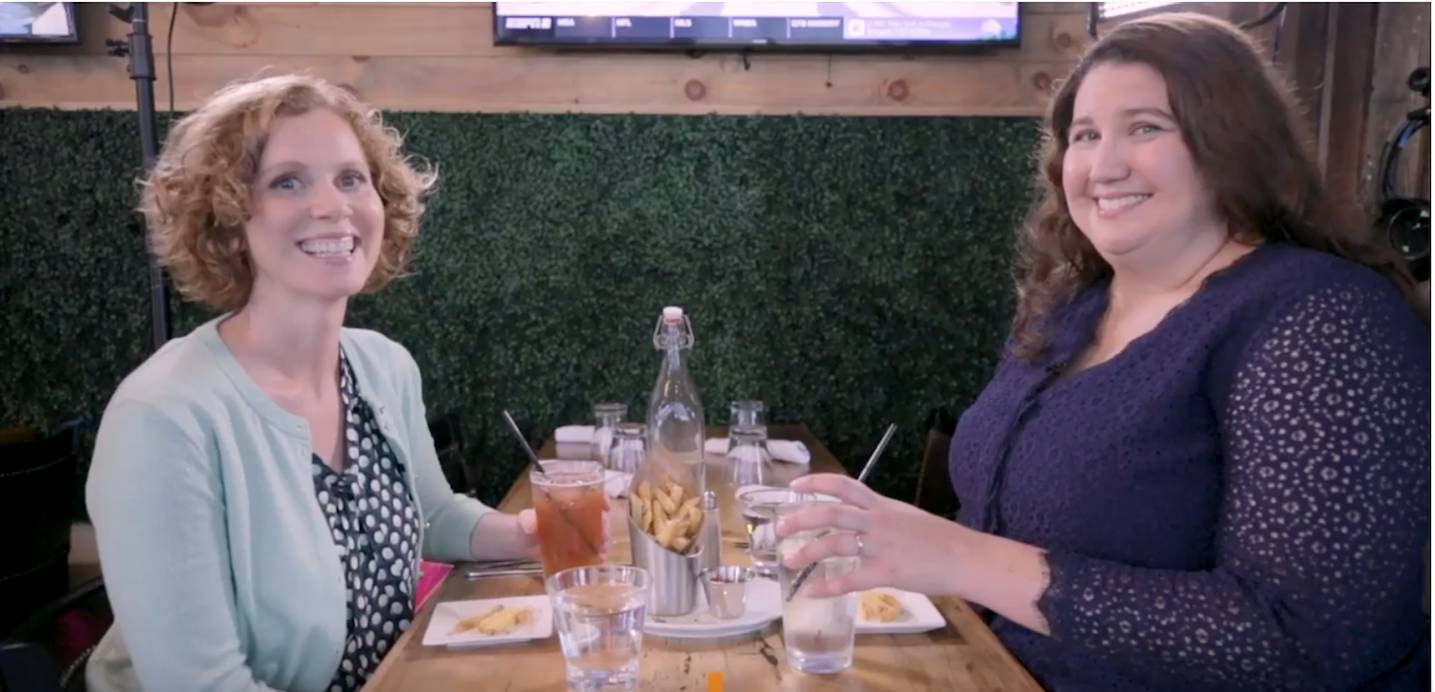Have you been trying to change certain habits or routines for years, and you're not sure why you're not moving forward? Do you wake up every morning to an alarm clock that you turn off five times before getting out of bed, make endless to-do lists that never get done, and feel like your career is unfulfilling at best?
If any of the above ring true for you, the problem isn't you, it's that you're working on solving the wrong problem. Instead of asking "Why the f*** am I still doing this?!" let's change the inquiry and end the self-sabotaging behavior. Once you get to the root, you'll be able to change absolutely any behavior. I promise. If you struggle with sticking to a plan and making real, sustained change, this article is going to be a huge relief for you.
It's time to stop beating yourself up if you're stuck in old patterns. I'm going to show you how with science-backed tools that are proven to help you identify the root causes of your stress, and allow you to move forward with your life.
1. Procrastination
Some really smart people have devoted their lives to researching procrastination. The findings? Procrastination has nothing to do with laziness, lack of work ethic, or your ability to be productive. It has everything to do with the stresses in your life. If you procrastinate, stuff like making to-do lists, buying new planners, and trying all of the time-management hacks will never work.
Until you go to the root cause of why you procrastinate -- which is stress in some area of your life -- you'll keep blowing off work in order to binge on cat videos. Cat videos relieve your brain of stress in the moment, making your brain feel like the overall stress in your life is gone. Whether your stress is related to something simple or serious, the same rule applies. Go to the root and take those stresses out of your life. And if you experience repeated stress related to things in your past, you may struggle with PTSD. As counterintuitive as it may seem, the best solution for your procrastination problem is EMDR or other targeted therapy. (Editor's note: Agreed! Reach out to your favorite medical professional to explore your treatment options.)
2. You've tried to quit bad habits but you can't.
Habits are behaviors that get encoded into our brains. They are regulated by a trigger. When you feel, hear, smell, sense, or taste the trigger, your body automatically, without thinking, starts what researchers call a "habit loop." The relief: all habits can be broken.
The first step is to understand that the root of a habit is a trigger.
If you're trying to quit smoking, just using the patch will never be enough. Even after the physiological dependence leaves your body, all of those million triggers are still there. With cigarettes, there's the trigger of "the alarm goes off, I need a smoke." There's the "I just brushed my teeth, I need a smoke." There's the "I just poured a cup of coffee" and the smell of the coffee, the time of day, the sound of it hitting the cup, that all triggers the part of your brain that goes into automatic.
With this understanding, you have a little bit of compassion for yourself and realize that you're in a situation where everything in your house is going to remind you of a cigarette. Instead of trying to get rid of the triggers -- which is impossible -- you need to find a new, adaptive behavior that you turn to as soon as you are triggered. An example might be changing the flavor of your coffee or replacing having a smoke with going on a three-minute walk. If you can't break a habit, there's nothing wrong with you. You're just going about it in the wrong way.
3. You don't know how to find your passion.
Let me tell you a little secret: you will never just "find" your passion. We talk about passion as this woo-woo thing that's supposed to come into our lives. If you're struggling to figure out what you're passionate about, that's totally normal. Your passion isn't what you "love" doing. Passion is simply energy. If something energizes you, follow it. If it depletes you, stay away from it.
If you want to figure out what energizes you, you need to get out there and start doing things. Trial and error. If you are trying to "find your passion" do everything in your day with this question in mind: Does this energize me or deplete me?
You won't discover that you love carpentry if you've never tried making something out of wood. You won't know if you're a good speaker until you get up on stage. You won't know that you'd make a great bakery owner until you volunteer or work at one. You have to try a bunch of things and find out what you don't like before you can be 100 percent positive about what you're here to do.
4. You never have enough time.
Instead of saying "I don't have time," start saying "It's not a priority" and see how that feels. By changing just a few words, you're forced to get clear on what actually matters and what doesn't.
Understand that you're ultra-busy for a reason. Oftentimes, we're busy -- but busy spinning in circles. One of the reasons people stay so busy is because if they were to slow down, they would be forced to deal with whatever they are dealing with underneath the disguise of "busy-ness".
We need to slow down and tune in into our emotions in order to see the problems we're scared to face.
Instead of being stressed about your schedule, take a look at why you're taking on so many commitments in the first place. If you "never have enough time," I challenge you to slow down today and see where there's an opportunity to say "no" to new things at work or in your personal life so you can start to make time for your priorities.
5. You don't do the things you need to do.
If you are somebody who is smart, is able to identify the things you need to do, and yet you constantly don't do them, there is an underlying story that you have about yourself -- and it keeps playing out. You become a self-sabotaging, self-fulfilling prophecy.
Instead of asking why are you aren't able to do the things you need to do, I want you to look at what happened to you. I remember a time when I was super stuck, and the one thing that marked that time period in my life was a ton of shame and feelings of worthlessness and self-loathing.
Maybe you've been there. Maybe you're there now. We all have different reasons for being there. Maybe you were in an abusive relationship, maybe you haven't recovered from a huge setback in life. Whatever it is, you've got to stop being so mean to yourself. With self-sabotage, we take something that someone else used to do or say to us, or something life has done to us, and we do it to ourselves. The reason you don't carve out time for yourself, and blow off the things that mean the most to you, is because of this underlying feeling that you're not important or worthy of happiness.
And the only way to break this story is through action.
Today, start being kind to yourself and change your story about the kind of person that you are.
Take one small action on something that matters to you, try this every day for a week, and I promise your confidence muscle will start to take shape.
6. You quit what you start.
If you're a quitter who has trouble following through on things, I can guarantee this is a pattern encoded in your brain since you were young. The first thing to do is take a look into your past. When was the first time that you quit at something? And, when you quit at that thing, why did you do it? What feelings led you to quit?
Most likely, when those same feelings rise up today, you quit, again and again. These are sneaky feelings because they subconsciously trigger us to execute the same reaction: quitting. The habit has become your way of life. Today, instead of wondering why you can't stick to anything, have some self-compassion and realize quitting has become your coping strategy for when things get hard.
Once you get familiar with the feelings that rise up before you quit, you can start to push through them and become someone who gets shit done.
7. You've been complaining about the same problem for years.
If you have a problem that you have been trying to fix forever and you're not making any progress, I've got a prediction. You don't have any interest in fixing it. Accept that you don't want to change. In fact, you might be using that problem as a way to get out of taking responsibility.
If you've been bitching and moaning for years about your job, your weight, your relationships, but you haven't done anything to actually change anything, I bet complaining is actually your way of manipulating others to feel bad for you. Stop complaining about the problem and realize changing doesn't really matter to you.
If you decide you truly want to change, you need to stop complaining and get to the root of why you still have that problem.
It's probably because you gain support (or the ability to manipulate) from others with your complaining. Ask yourself why it matters to you without needing external validation. This will help you make sustained changes, starting with ending the habit of complaining.
8. You are not your past.
Many of us get hooked when thinking about the past. Even if you've changed and today no longer have the destructive habits and mindsets that you once did, it can be incredibly hard to make peace with your past. However, when you're making yourself wrong about your past, you're not being proud of how far you've come.
If you want to be happy, you need to forgive yourself for the mistakes that you've made and embrace and be proud of where you're at now. No matter where you are, I know that in several areas of your life you have come a long way. How could you possibly move beyond the mistakes that you've made in the past if you're not proud and celebratory of how far you've come?
Right now, I want you to acknowledge yourself for how far you've come. Just like you, I'm a work in progress who is working on taking my life to the next level.
Motivation is a myth, but taking control of your life is simple with action.
For more of Mel's lifechanging, no-B.S. perspectives on how to change your mindset, life, work, and relationships, check out Kick Ass with Mel Robbins. You'll hear real people with real problems experiencing real change. They're dealing with everything from procrastination to anxiety and alcoholism to weight loss. The lessons will help you take action in your own life to once and for all identify and move on from what's been holding you back.





